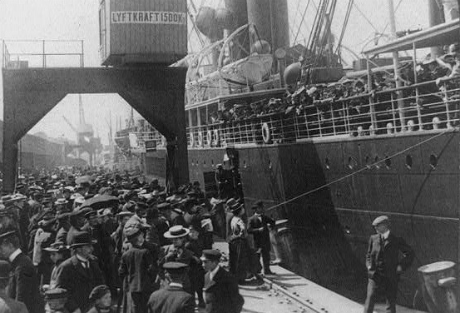Blog

The irony of this is quite possibly lost on Judge Michael Clements and senior President Sir Ernest Ryder, who have admitted that a falling number of judges in the sector is causing increasing problems.
Clements has stated that outstanding caseload in the immigration and asylum chamber work had grown from 43,643 in June of 2014 to 52,991 in the following year. This, in turn, resulted in ‘unacceptable delays’ over the third quarter of 2015, and had a substantial impact on court users.
One of the main reasons behind this increasing caseload is that the number of judges in post in the immigration tribunal has fallen drastically by over a third in the last 10 years, down from 152 in 2005 to 94 in 2015 – a mix of retirements and resignations, Clements says.
Another key factor is the ‘boom and bust’ cycles which are a feature in the immigration and asylum chamber, because of the fluctuating workloads. Clements stated that “these fluctuating cycles are a serious problem which must be acknowledged.”
Clements and Ryder have stated that they are working together with administrative colleagues to improve the efficiency of the system and create a more even workflow that will help to ease out the issues of the boom and bust cycle.
Clements added that having travelled the country to meet some of the office holders across the breadth of the tribunal system, he was happy to report that morale was higher than many might assume.
Ryder added to this, stating that “The image of low morale has not been my experience from my visits across the country. Rather, the enthusiasm shown for reform, with judges involved in innovation and the development of good practice, as well as for the delivery of justice in the here and now, has been inspiring.”
Academy tools to help you get a job
-

Free Watson Glaser Practice Test
Understand the test format, compare your performance with others, and boost your critical thinking skills.
